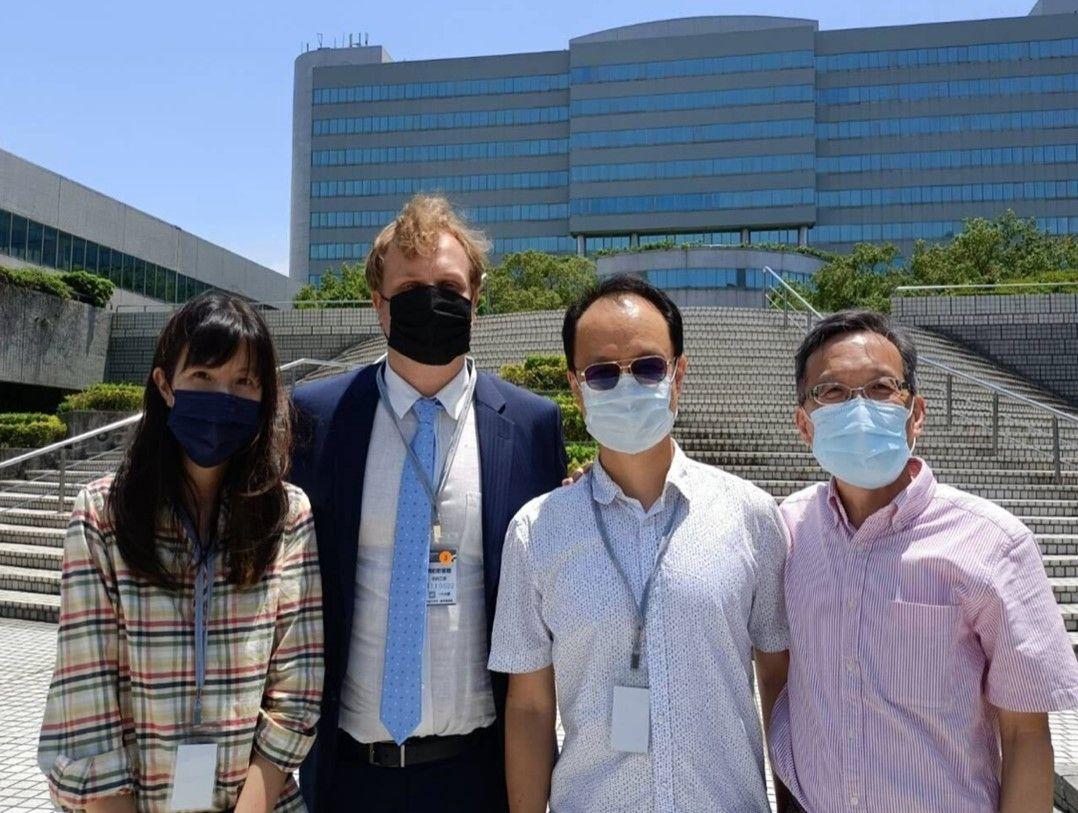

Quantum computers pose a threat to networks that employ conventional cryptography. By storing and processing information stored in quantum states, a quantum computer can solve certain problems dramatically faster than ordinary computers. Shor's quantum algorithm for factoring integers, in addition to other quantum attacks, breaks RSA, Diffie-Helman, elliptic curve discrete log and other cryptosystems.

Standardization bodies are working on post-quantum algorithms that will be introduced in the coming years but they are still largely untested in modern internet infrastructure. The scope and scale of upgrading to post-quantum standards prompted Peter Shor to warn that we could miss crucial deadlines. Post-quantum algorithms include additional complexity, making them challenging to implement. For instance, the migration to new schemes in blockchain networks would likely result in excess storage costs, as most candidates have larger public keys or signatures (or both).

Meanwhile, the global race to build quantum computers and software is accelerating. In addition to substantial government funding, including the National Quantum Initiative Act in the United States, more than 150 quantum startup companies have raised over $2 billion in the past three years. This ‘quantum gold rush’ has resulted in real innovation, such as being able to access quantum computers via the cloud.

We started BTQ to find research-based solutions for implementing quantum security in blockchain networks. In addition to quantum proofing networks, we're excited about other applications for quantum technologies in blockchains, such as sustainable mining.

To conduct more research on eco-friendly mining and other topics of interest, BTQ's Quantum Consensus Network (QCN) will be a dedicated hub focused on outreach with the broader blockchain community.
We will be posting further updates on our progress going forward, so be sure to check back soon for more information.
Live and breathe quantum? We are hiring!
Please get entangled.
.svg)



